Like I told you sell drugs, no, Hov did that
So hopefully you won't have to go through that
I was raised in the projects, roaches and rats
Smokers out back selling their mama's sofaJay Z, ‘Izzo (H.O.V.A)’
Picking up from the last article on Episode 1 of Season 1 of Atlanta, the second episode of Atlanta season 1 starts with Earn and Alfred (pka ‘Paperboi’) at the local jail. They ended up here after Alfred shot someone during an altercation.
Earn: You think he’s dead?
Alfred: I do not know what you’re talking about.
Alfred gets released pending the investigation and disorderly conduct charge; while Earn has to stay behind. Darius meets Alfred as he’s walking out.
Darius: You know ya’ll made the news, right?
Alfred: Damn… for real?
Darius: Yeah, but 106.5 the Jam been playing Paperboi all morning.
Paperboi: That’s whats up!
To me, this speaks to the public correlation between rap music (or Hip-Hop which is, in the strictest sense of the word, an overarching term for culture and music) and crime - where the more notorious you are as a rapper, often, the more popular and marketable you often become. Many even say that there is an industry-wide conspiracy to promote violent and illicit music to the black community and world-at-large
Even as Alfred is leaving the jail, a cop tries to take a picture with him
Cop: Man, I love this rap shit; you know, when they told me a rapper was in here, I had to come take a picture!
Cop: Hey, you listen to Gucci Mane?
Alfred: Yeah..
Cop: Man, I locked that nigga up!
I think this is such a poignant scene because the creators of Atlanta are pointing to the Psyop that often occurs within society, even amongst those who are supposed to be a part of the justice system. Whereas, as a black man in America, you will often inevitably end up on the bottom rung of the societal ladder if you have a rap sheet; the same can make you a star in the eyes of the public and even your own people if you’re a rapper.
Ironic.
This works as a double-edged sword, where Hip-Hop can often be a vehicle for generational wealth for some; while at large, it often becomes an engineered minstrel show of sorts.
They wanna be black and think your song is how it feels
So when you turn up, you see them turnin' up tooJ Cole, ‘1985’
BACK TO SCHOOL
When I was in my late teens and early twenties, I was introduced to a new genre of movie - the mafia and gangster genre. This included movies like ‘The Godfather,’ ‘Blow,’ ‘Scarface,’ ‘Casino,’ ‘Goodfellas,’ and ‘Top Shottas’, among others. These movies influenced my and my friend’s perspective and overall lifestyle. We would smoke while watching these movies and use the lingo from these movies; they were integrated into our everyday lives.
And then, in retrospect, an interesting thing happened. I began to see these movies pop up in my favorite artists’ music and pop culture at large. Often, I would learn about these movies from the music of my favorite artists. One example is the ‘Blow’ mixtape from Lil Wayne and Juelz Santana. ‘Blow’, of course, being a nickname for cocaine, but also the title of the ‘George Jung’ inspired movie starring Johnny Depp and Penelope Cruz.
George Jung, aka ‘Boston George,’ “was an American drug trafficker and smuggler; he was a major figure in the United States cocaine trade during the 1970s and early 1980s”. In 1994, he was sentenced to 60 years in prison in 1994 on conspiracy charges (but was released in 2014)”.
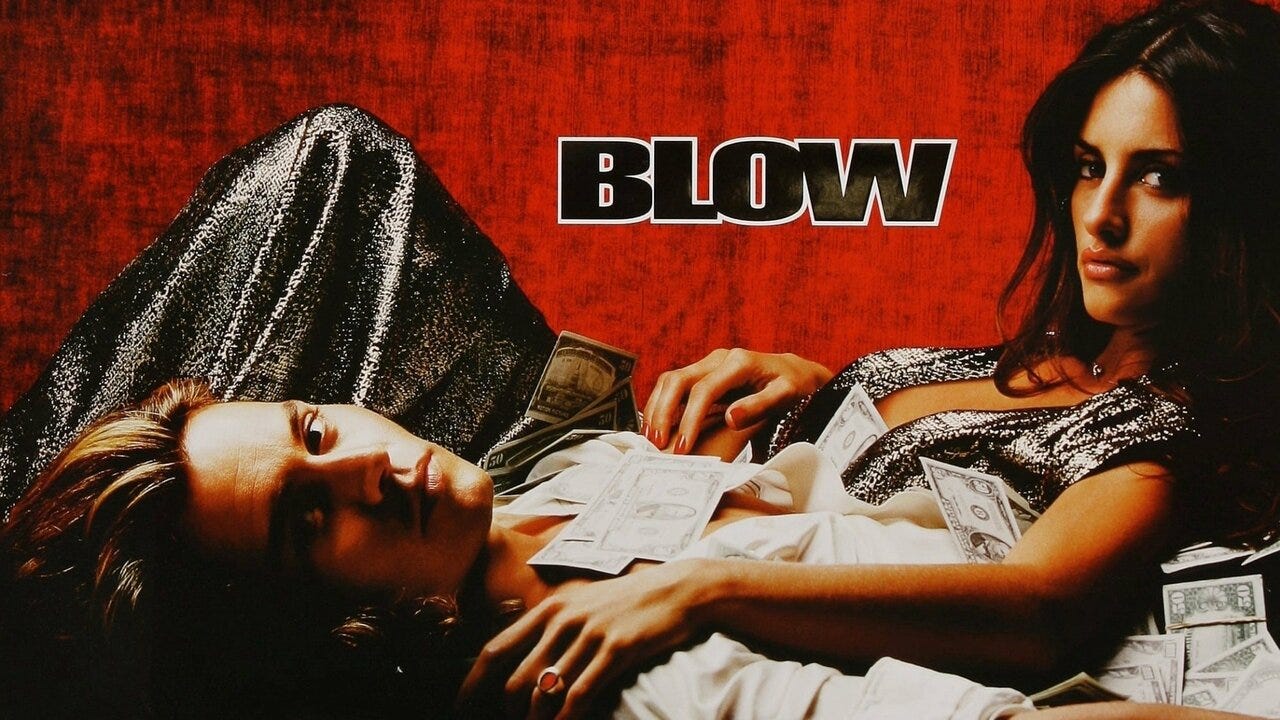
Blow was one of my favorite movies and is still a great movie. One of the things that attracted me, and many others, to the movie was the anti-establishment nature of Boston George. He didn’t see a way through the traditional route, and so the alternative (crime) was the path that he chose. He was influenced by the troubles he saw in his parent’s marriage due to money issues. In one scene, his father (after his mother left and came back) says, “Money isn’t real, George, it doesn’t matter; it only seems like it does.”
This is an important point because drug use clearly isn’t limited to one demographic; however, it is the mix of poverty and drugs that often leads to violence, which often leads to the presence of over-policing which leads to stigmatization and the withdrawal of investments and community programs, which leads to more poverty and a lack of social mobility.
The cycle continues.
So, contrary to what George’s dad said, money is very real (practically), and it does matter.
Anyway, back to Blow. Going the alternative route worked extremely well for George (until it didn’t). You see similar themes throughout this genre; even in ‘Goodfellas’, Henry Hill (also incarcerated), played by Ray Liotta, said that the law-abiding lifestyle is for suckers, while the gangsters are the ones winning. Of course, Henry ends up getting caught while living his “gangster” lifestyle, and as many so-called gangsters do, he ends up snitching on his mob family.
Back to Atlanta.
After Alfred leaves the jail with Darius, they both go to a restaurant. While at the restaurant, they have an interesting exchange with their server.
Server: Aye, you Paperboi? You, that nigga man, I heard about that shootout you had on Twitter. You one of the last real rappers, man.
Paperboi: Thanks
Server: It’s good to see a rapper that will just blow a niggas brain out in the streets; that’s that ’90s shit b.
Again, we see the fascination with the “gangster” lifestyle, which (to be clear) is not native to Hip-Hop. Even former President Trump called Al Capone “the late, great gangster”. Society, myself included, is generally fascinated with the rebel, the outlaw cowboy, and the gangster. There’s something, however, disturbing about this particular exchange, and we see Alfred’s discomfort in the scene.
That said, there’s a reason why many rappers are attracted to the gangster/mafia genre. You could write books and hundred-page dissertations about the reason, but it comes down to this - poverty and money. Many young rappers grew up as poor black men at the bottom of the societal totem pole, and they look up and see that the rebels, often white guys, are the ones winning, and they imitate their way of life - legal or illegal.
It’s why when I once told a friend of mine to stop committing check fraud, he said, “Why? The white guys do it.”
It’s why the first black man to build a billion-dollar business, Reginald Lewis, wrote a book called ‘Why Should White Guys Have All the Fun?’
My view, however, is that just because white guys, or anyone else, do anything doesn’t make it right or aspirational. There’s no inherent rightness in whiteness, just as there’s no inherent wrongness in blackness (and vice versa). Therefore, it’s the responsibility of the enlightened artist and leader to show the way out, even while telling their story and providing the consequences of their decisions.
Or, as Jay Z once rapped, “Whoever said illegal was the easy way out couldn't understand the mechanics And the workings of the underworld.”
Or, as Jeezy once rapped, “Buy 18 the hard way; now have a humble nigga thinkin' 'bout gunplay. Now who the fuck wanna play with guns, a lot of holes, a lot of blood; dog, that shit ain't fun”
Students of Hip-Hop will know that, at the beginning, the rappers who rapped about the lifestyle were rapping about what they saw in their communities. They weren’t the ones actually doing anything; the neighborhood hustlers lived that lifestyle and rappers imitated and rapped about what they saw and aspired to be.
So while Hip-Hop has been industrialized and often commercially prostituted, the best and most successful rappers are able to provide both sides of the coin. And even while many critics lambast some of the content in hip-hop while turning a blind eye to the rampant fraud, criminal activity, and immorality that takes place within their own companies, corporate America in general, and the political sphere, the reality is that it’s deeper than rap.
THE MISEDUCATION OF HIP-HOP
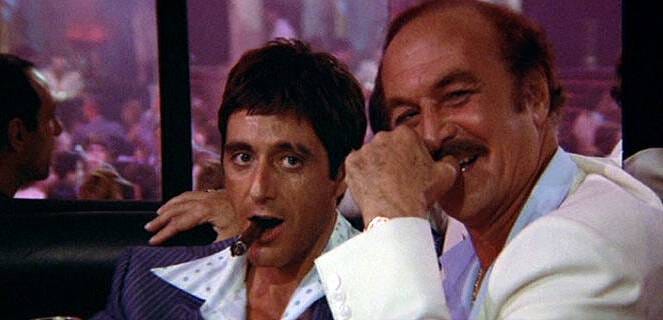
Scarface the movie did more than Scarface the rapper to me
Still that ain't the blame for all the shit that's happened to me
Are you saying what I'm spittin'
Is worse than these celebutantes showin' they kitten, you kidding?
Lets stop the bullshittin'Jay Z, ‘Ignorant Shit’
The RICO Act, which stands for Racketeering Influenced and Corrupt Organizations, was passed in 1970 for the express purpose of dismantling “the mob.” “Prior to the RICO, prosecutors could only try mob-related crimes individually; since different mobsters perpetrated each crime, the government could only prosecute individual criminals instead of shutting down an entire criminal organization.”
The strength of the RICO was in its ability to target organized criminal organizations and sweep up a number of organizational members without having to build cases individually.
“In order to be found guilty of violating the RICO statute, the government must prove beyond a reasonable doubt: (1) that an enterprise existed; (2) that the enterprise affected interstate commerce; (3) that the defendant was associated with or employed by the enterprise; (4) that the defendant engaged in a pattern of racketeering activity; and (5) that the defendant conducted or participated in the conduct of the enterprise through that pattern of racketeering activity through the commission of at least two acts of racketeering activity as set forth in the indictment.
The US Department of Justice
I’m not a criminal defense attorney nor a prosecutor, but it’s interesting when viewing the RICO requirements, that “the government need not prove that the defendant agreed with every other conspirator, knew all of the other conspirators, or had full knowledge of all the details of the conspiracy.. All that must be shown is: (1) that the defendant agreed to commit the substantive racketeering offense through agreeing to participate in two racketeering acts; (2) that he knew the general status of the conspiracy; and (3) that he knew the conspiracy extended beyond his individual role.”
Here’s some advice from Attorney Curtis Jackson:
In other words, the government doesn’t have to catch you in any meetings with everyone there, they just need to prove that you've agreed to commit certain offenses, that you had knowledge of the offenses, and that you were aware that the offenses, including the organization itself, were larger than you.
How do some of these things happen? They happen if you publicly affiliate yourself with a gang or criminal organization or, as many rappers often do, throw up gang signs publicly, shout out gangs in lyrics, or publicly affirm criminal acts in their music.
So, it’s ironic that in his song ‘Tha Mobb,’ Lil Wayne rapped, “I'ma ride, baby, 'til the judge give me a verdict”. Ironic because that’s what happens 95% + of the time with Federal RICO cases.
Here’s a snapshot of mobsters who the RICO took down:
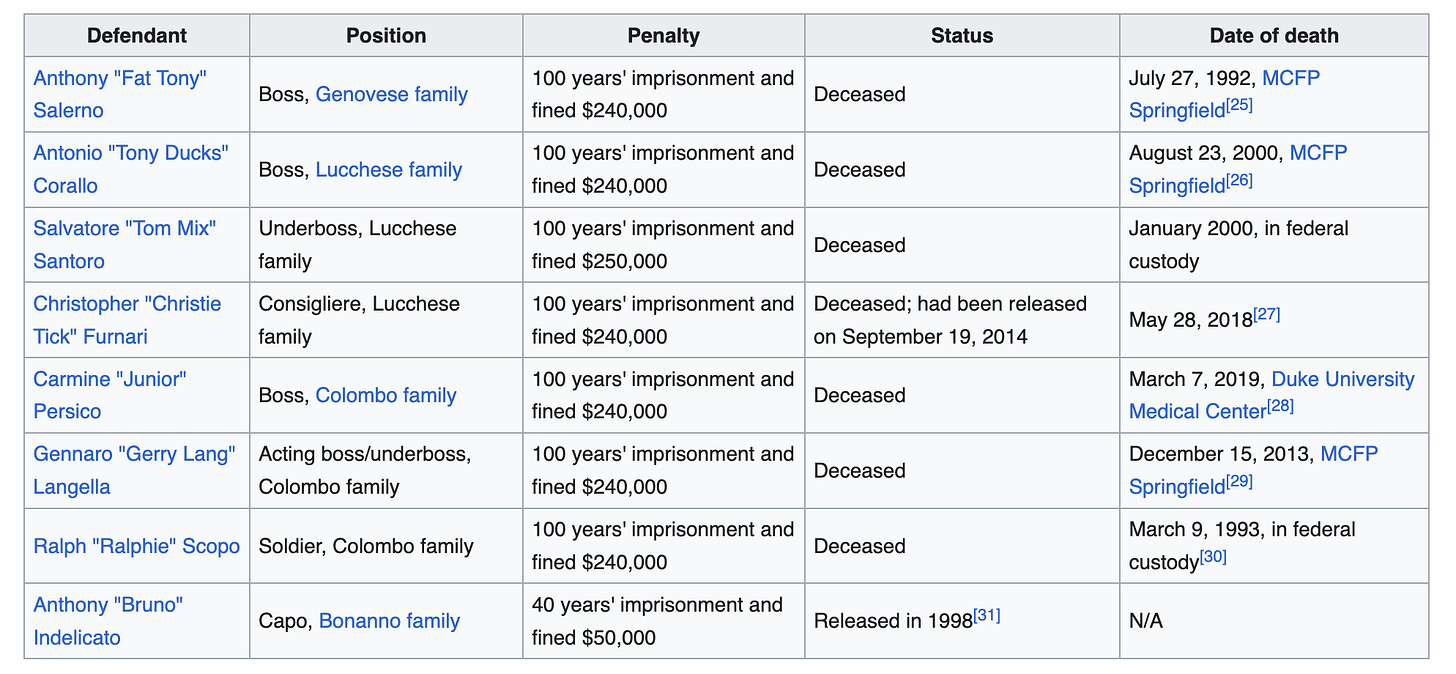
Again, if this is the result, why is this lifestyle attractive?
Money.
If you grow up poor and disenfranchised in a system that is explicitly (or implicitly) hostile to you as provided by historical evidence such as segregation, redlining, over-policing, inequitable prison sentencing, and judicial systems, then you’ll develop an aggravation for that system and seek ways to exploit the system; particularly when you don’t see that system as fair. I’ve given only a couple personal examples in the past of institutional racism (so this isn’t a woke agenda speaking, I win regardless).
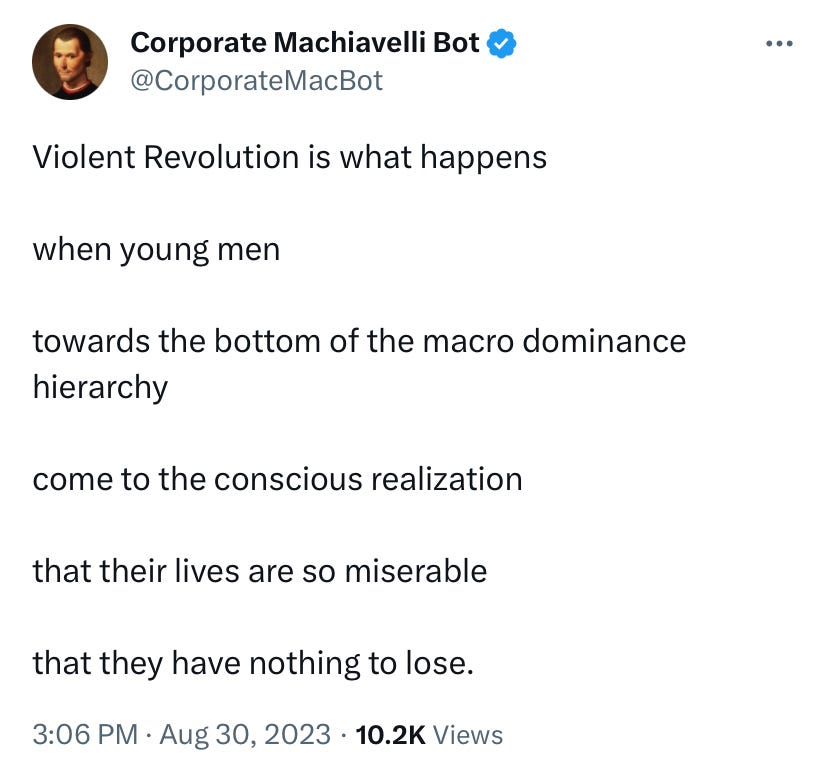
This is what many groups have done throughout history, and, of course, while all Italians were not “mobsters,”; just as not all black people (or even rappers) are “gangsters,” many of these activities were generated as a way to navigate the system; and that same ethos flowed to hip hop - as did the RICO.
We’ve seen this take place in numerous lyrics, group names, affiliations, and legal cases. I’m not here to provide all the examples (because the RICO is real). That said, a rapper that I reached out to as a young attorney has been sitting in jail for over three years on RICO charges.
This is all the culmination of years of mob and mafia imitation in Hip-Hop, whether in real life or on “wax,”; and it has an obvious effect, both positive and negative, on culture - particularly the impressionable youth, but while that may be the case to a degree and has been critiqued by many, including Geraldo Rivera, who once claimed that “Hip-Hop has done more damage to black and brown people than racism in the last ten years” (without providing supporting evidence for his claim), it’s interesting that films and movies often don’t receive the same critique - especially when, as I’m detailing, the impact of films and television on Hip-Hop is measurable.
And, of course, there’s an implication of family dynamics at play - but this article isn’t meant to be a comprehensive dissertation. To take it a step further, perhaps this issue is not simply a “Hip-Hop, music or movie issue, as many would try to make it; perhaps it is simply a historical issue with socioeconomic and political catalysts - and Hip-Hop, as a culture and art form, are merely the vehicles for expression and eruption (or disruption).
Or, as Kanye once rapped, in his song ‘Gorgeous,’ “inter-century anthems based off inner-city tantrums; based off the way we was branded” and “is hip-hop just a euphemism for a new religion? The soul music of the slaves that the youth is missing?”
This is probably a good place to point out that not all Hip-Hop lyrics are crime, mob, or drug-influenced. Oftentimes, going back to the J. Cole lyrics, it’s simply about what sells - just like sex sells. Hip-Hop, as a culture and art form, originated in the late 70s as an art form meant to empower the inner city youth, and artists such as KRS-One, Chuck D, Talib Kweli, and many, many others have used their art to empower and speak truth to power.
As Talib Kweli once rapped,
Disappointed in the leadership, hand to God
Evidence is more than the images the cameras shot
You follow blind faith it make you seem unclean
But faith is only evidence of things unseen
'Cause information make it harder for us to follow discussions
But educated guesses beat wild assumptions
Information lead to knowledge, knowledge lead to wisdom
Wisdom lead to understanding, once you have all that
You start demanding justice
Justice is what love look like in public
I ain't just writing for it, I'm out here fighting for itTalib Kweli, ‘Nine Point Five’
POLITICS AS USUAL
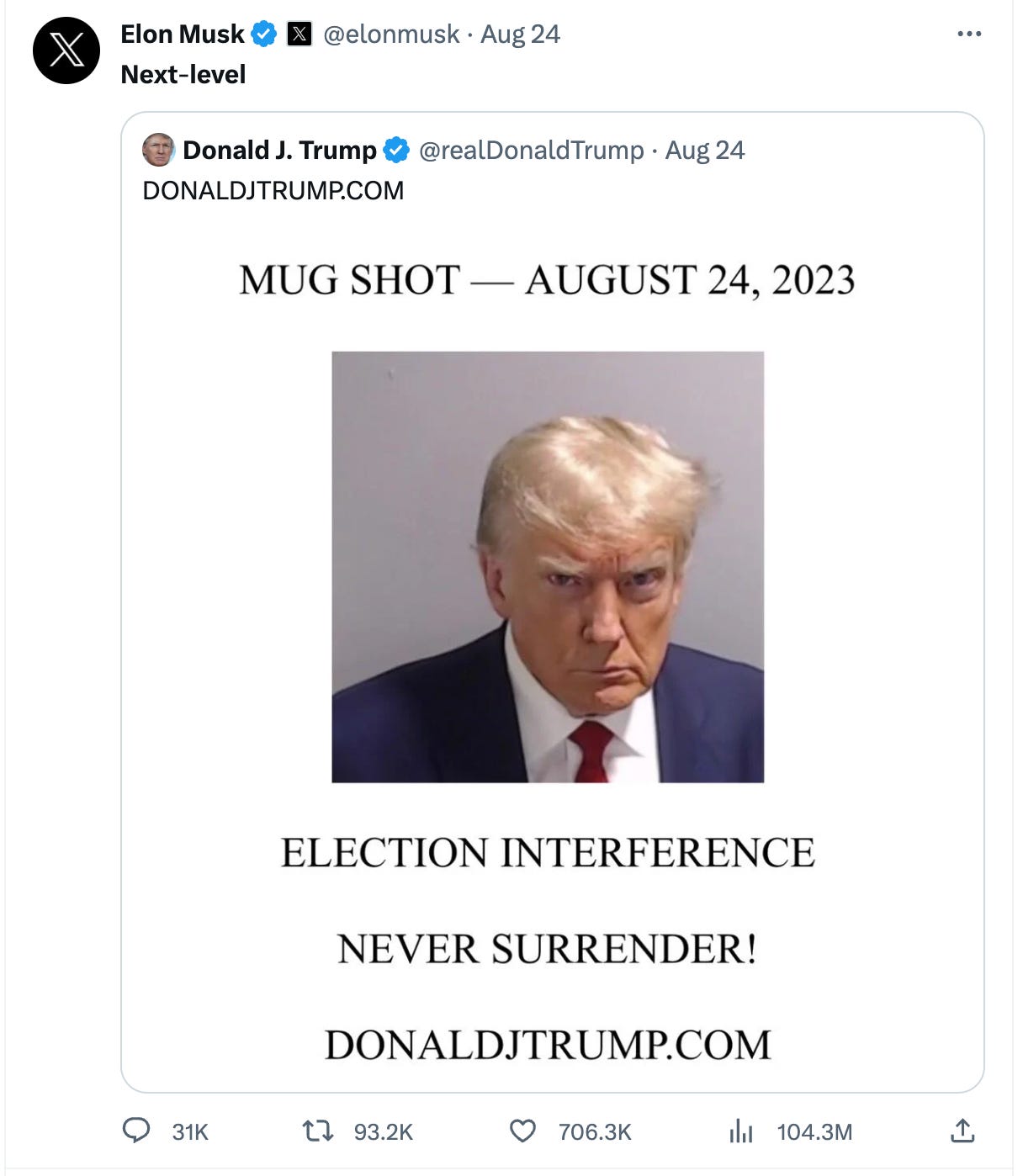
Recently, President Trump surrendered (briefly) to Fulton County Jail on RICO charges. Of course, this set the “world” on fire. To add to the flame, Trump and his campaign used the mugshot images to sell merchandise. As of the writing of this article, the Trump campaign has raised “$9.4m since the mugshot; surpassed $20m mark for the month of August alone; and have sold $1.7m in T-Shirts, $864k in coffee mugs, and $325k in posters”.
Many, across the political spectrum, were happy, motivated, or discouraged that a Presidential candidate was not only facing charges; but had actually had a mugshot taken. Others, such as Elon Musk saw this as a “next level” move by Trump, “the businessman”.
Me? I was amused and saw it as ironic.
For starters, Trump is not the first politician, President or otherwise, to be embroiled in controversy; neither is he the first to have allegedly committed a crime. That’s obvious, and most people simply pick and choose which politicians and political acts to get worked up about.
Secondly, turning controversy and crime into business and commercial enterprise is as American as anything else. It’s foundational. The American Revolution, no matter how you slice it, was a criminal act - as most revolutions are. The only difference was that lawyers, scientists, writers, and politicians were the face of it.
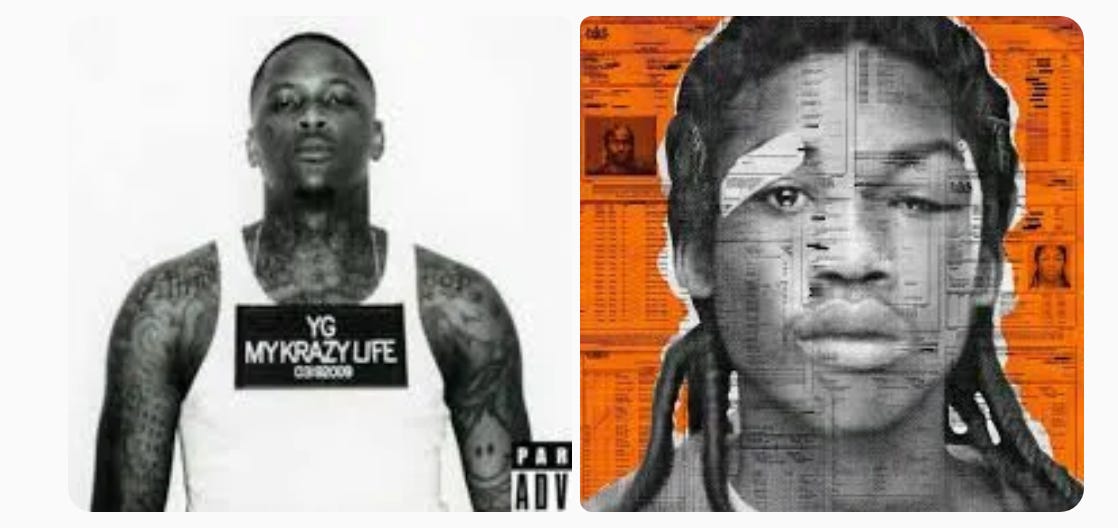
I’ve written before about the origins of America, but I also thought it was ironic because rappers have taken that “gangster” ethos and used their controversy, including mugshots, to sell music and merchandise. Rappers from NWA to Tupac to Jay Z have capitalized on their notoriety and the stones thrown against them by society, turning those seeming negatives into commercial gain.
In my view, Trump is simply following in that vein by using his to sell merchandise.
Nothing “next level” about it.
To make the story even more ironic, Trump hired two attorneys who have been well known and associated for representing rappers - particularly in RICO cases. It’s not just these facts that make this ironic; what also makes it ironic is that Trump, for so long, was actually a Hip-Hop hero of many rappers who aspired to the same level of wealth and influence as him.
So while commentary like the following might be true..
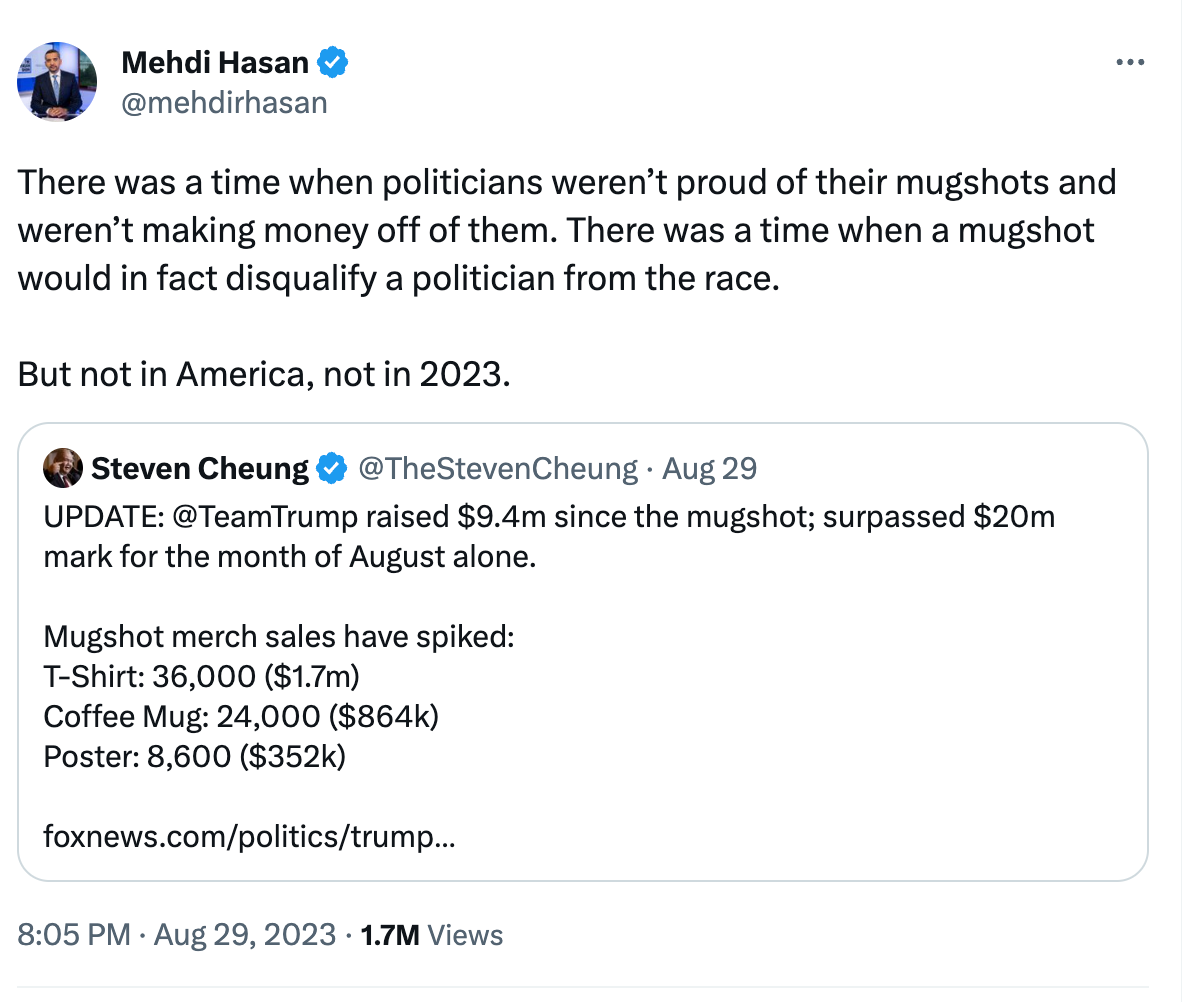
..we also have to be intellectually honest and acknowledge the policies and actions past Presidents have endorsed and sanctioned, whether explicitly or implicitly (that’s for a different article). Are we really saying that Trump is the most immoral president America has ever had? I don’t think so.
Sure, people often give the excuse (or reasoning) that we can’t go back in time and implement current morals on the past; but which morals are you basing that on? And if morals are not universal and eternal, then they are subject to change, and what we are witnessing may be a change in societal morality driven by tribalism and dissatisfaction with the status quo.
In my estimation, the coups that we’re currently witnessing in Africa are a symbol that we are living in revolutionary times. “Revolution,” in the strictest sense of the word, meaning "an instance of great change in affairs" or an "overthrow of an established political or social system."
Hip-Hop, as an art form, has always been revolutionary in the sense that it represented a generation, to one degree or the other, taking power into their own hands regardless of the status quo.. and communicating the truths and realities of life as they see it; often making plain, what was hidden in the shadows. Now to be clear, as an attorney, I’m obliged to point out that much of this has been driven by corporate machinations and pecuniary interests, but the point remains.
As a matter of fact, I view politicians as analogous to rappers in many ways. They both sell stories, galvanize demographics, monetize their followings, and campaign for causes - often associating themselves with a “revolutionary” viewpoint, positioning themselves as agents of change while often not having much power to enact large-scale change.
Of course, it’s deeper than rap; but a couple of weeks ago, I was dialoguing with someone who was frustrated about the Trump campaign, and I compared it to Eminem’s album, ‘The Eminem Show’. Not to say that Eminem has the same political views as Trump, but because Eminem’s fans are rarely dismayed by his public controversies; and, in my opinion, it’s all a show.
A few days after my exchange with the person, one of the Republican candidates was rapping to Eminem during a campaign stop.
Life is a dramedy.
Additionally, the music industry, just like government affairs, is often driven by the same influences and incentives. Eminem talked about much of this in his song ‘White America.’
The disconnect is the understanding and education people have of what’s real from what isn’t. Much of this is due to the societal programming and institutional indoctrination that we receive from an early age which keeps us from seeing life and ourselves clearly. This is foundational and important if we are to lead self-directed lives, free of derivative influences that often lead us astray.
“This is life, new and strange; strange, because we fear it; new, because we have kept our eyes turned from it. This is life lived in cramped limits and expressing itself not in terms of our good and bad, but in terms of its own fulfilment. Men are men and life is life, and we must deal with them as they are; and if we want to change them, we must deal with them in the form in which they exist and have their being.”
- Richard Wright, Native Son
PANORAMIC VIEWS
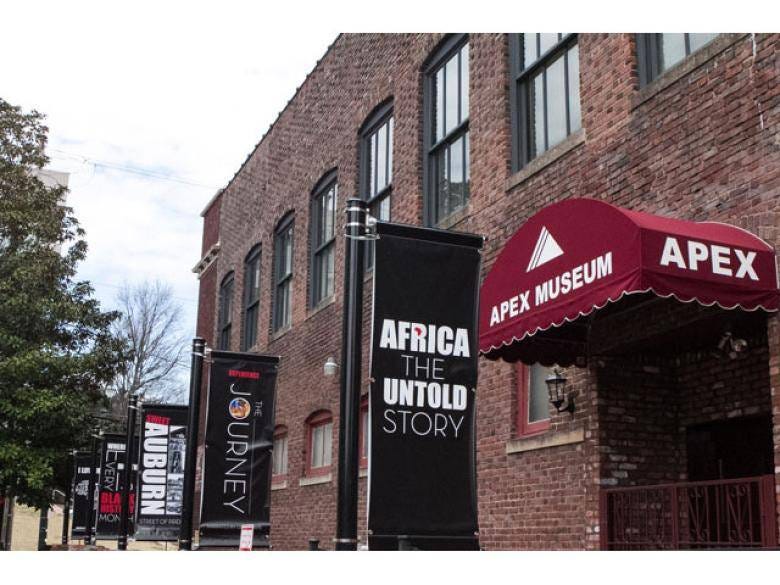
For me, while in college, I began to grow disillusioned with the reality that I was taught; when compared with the reality that I lived.
While I was an undergrad, I looked around and noticed that all of the guys that I was running with were either on academic or judicial probation. That wasn’t the weird thing. The weird thing is that we all acted as though it was normal. Furthermore, much of our behavior, or at least mine, was in rebellion against the systems that I felt were set up against me, didn’t understand me, or, in many cases, actively sought to diminish me as a person. After that realization, I decided that I either had to change my life, or I would end up dead, in prison, or homeless.
You can only blame others for so long before you have to take responsibility for your own life and actions.
Shortly after, I applied to a Masters of Public Administration program; and was admitted on a probationary status (ironic). I then moved back to Atlanta and began the process of rebuilding my life. My first stop was the APEX Museum in Atlanta. APEX stands for African-American Panoramic Experience Museum. The concept of the museum is to show African and African American history from a 360-degree perspective rather than projecting the history of black people as beginning in slavery or savagery.
I learned about the many African civilizations and complex socio-economic and political systems seen in ancient Africa, such as the Ashanti Empire and the Nubian Empire. I learned about the influence of ancient Africa on Europe. I learned, of course, about the transatlantic slave trade, but also about examples of freed slaves who became millionaires, the black entrepreneurs and business people who emerged during the Reconstruction and pre and post-civil rights era; and, for me, it was an eye-opener. Even though I’m Nigerian, seeing the history of black people in such a visceral and transparent way completely changed how I viewed myself, people who looked like me, and the world at large.
Many people don’t realize this, but for all the disinformation that comes out of Christendom, whenever Africa was referred to in the Bible, it was always referred to in a position of strength and power; and named African nations in the Bible were typically conquerors. Go figure.
As a result of all these learnings, among others, my life was transformed. The word “nigga” dropped out of my everyday use, not because someone told me that saying “nigga” was wrong, but because it no longer fit my identity or conceptualization of blackness. Overall, I experienced a re-education where there had once been, to use the words of Carter G. Woodson, a miseducation.
For me, this re-education changed everything. Where I had been a delinquent underperformer, I became a corporate attorney, surpassing many of my high-achieving peers. This re-education, in addition to other sources, gave me a foundation from which to live life. I longer looked at myself as disadvantaged or a “minority”; rather, I saw my greatness in history. I saw the strength, intellect, and resourcefulness of my people. I also saw, with a clear lens, the spectrum of actors - good and bad - on the world stage. I saw that life is not black and white but gray; and that we all, as humans, have always made decisions based on various factors - whether aspiration, desperation, survival, or vengeance. I saw that criminals come in all shapes and sizes; that they’re often heralded in pop culture and the establishment, as were Sam Bankman-Fried and Bernie Madoff, until they aren’t - and so I couldn’t base my aspirations or perception on what another man said was right or wrong. I had to decide for myself.
Lastly, I saw that we are all humans; and that, in the words of Shakespeare,
“All the world’s a stage, and all the men and women merely players.
They have their exits and their entrances”
It’s truly not about what any of us has to say about the next man or woman’s actions.
Ultimately, it’s about what each of us does with our opportunity when it’s our turn to hit the stage.
BACK TO THE FUTURE
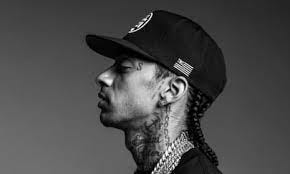
We’re living in a time where traditional models are being questioned - in all industries, from education to government to finance. We are truly living in revolutionary times where appeals to authority will no longer work (for the most part); we all will have to demonstrate our competency and genius.
In the words of Nipsey Hussle, “I feel like the giants gon' be the ones who create the (new) business models.”
We all have the opportunity to equip ourselves and peer into the abyss, creating something never seen before. The most exciting part is that much of this new opportunity will be created by those best equipped by specific backgrounds and experiences, which uniquely position them to address issues and provide solutions that many, without those experiences and backgrounds, cannot.
This will take not just investing in ourselves; but also reaching across the aisle and partnering with people who are like-minded; but may not have come from the same places. If we want to go further, we may have to align with those who have either been where we want to go or can speak to where we want to go rather than those who would seek to underestimate, relegate, or marginalize us.
To allude to J Cole’s song ‘No Role Modelz,’ it will take having better leaders, mentors, and role models.
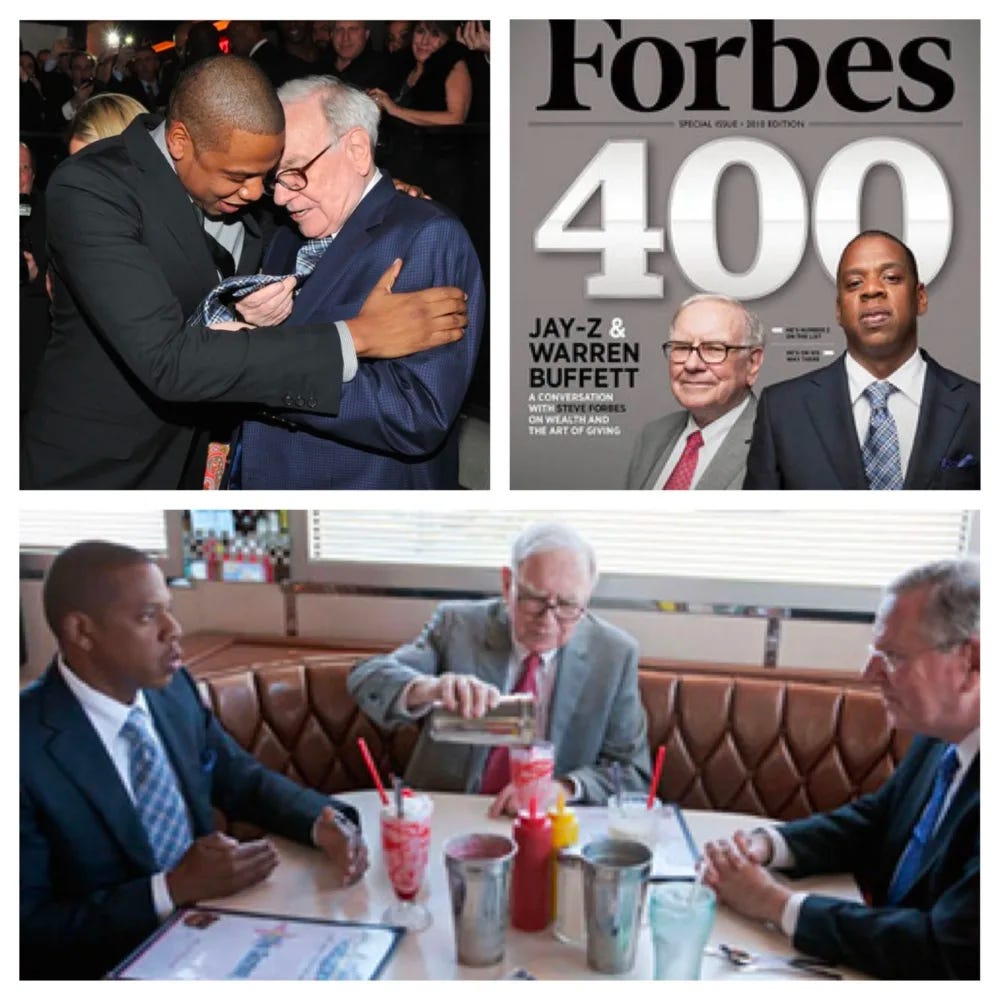
Interestingly enough, today was Warren Buffett’s 93rd birthday, and his interview with Jay Z and Forbes Magazine, which came out over ten years ago, is, to this day, one of the best I’ve seen, not merely because of the information, but because of the transparency, candor, and sincerity witnessed between individuals from completely different walks of life.
For me personally, it showed me a picture of what was possible.
This is the future.
Back to Atlanta.
Alfred and Darius get back to their house. Darius says, “XXL (magazine) picked up your story, and it looks like Complex (magazine) got you at song of the month.”
Darius then tells Alfred that they need to go out and celebrate.
Alfred: “I don’t feel like being around people today, I’m just getting this weird energy today”
We later see a little kid playing with two other kids while holding a toy gun, acting like he shot one of the kids.
Kid: Just like Paperboi!
The kid’s mother comes out and scolds her son for playing with a toy gun in that kind of way. Alfred (Paper Boi) shows up and tells them that shooting people isn’t cool
Mother: Who are you, and why are you talking to my kids?
Alfred: I’m Paperboi
Kid: You ain’t Paperboi!
Alfred then raps a bit of his newly viral song.
Alfred: Paperboi, Paperboi, all about that paper boy..
Mother: I heard that in the car, I think my girlfriend was talking about you!
She then tells her son to get her phone so she can take a picture with Paperboi.
Mother: Only Demario is my son; these are just my niece and nephew..
They all take a picture with Paperboi while Demario flashes the gun at the camera.
The mother then takes a picture alone with Paperboi, with her hand on his chest, and later gives him her number.
Life imitates art.
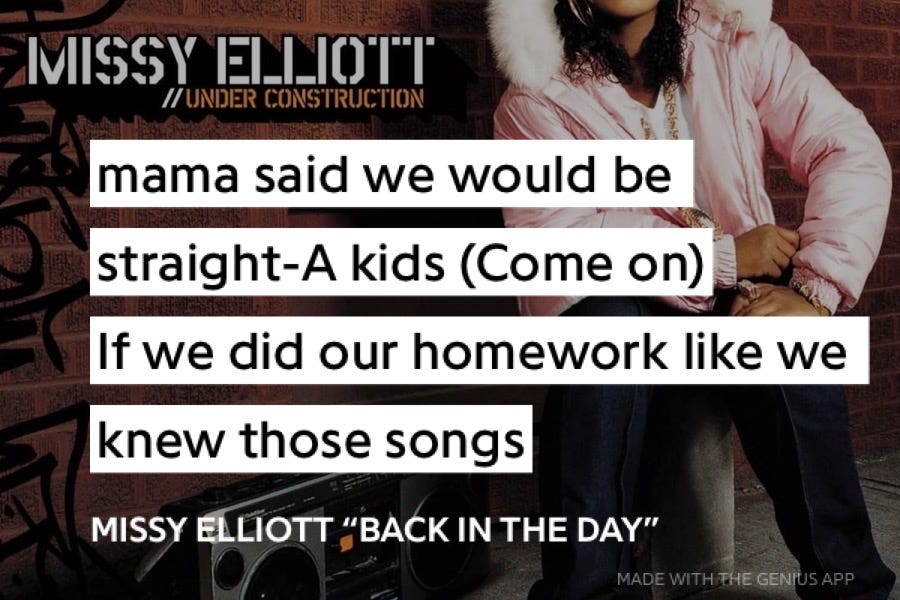




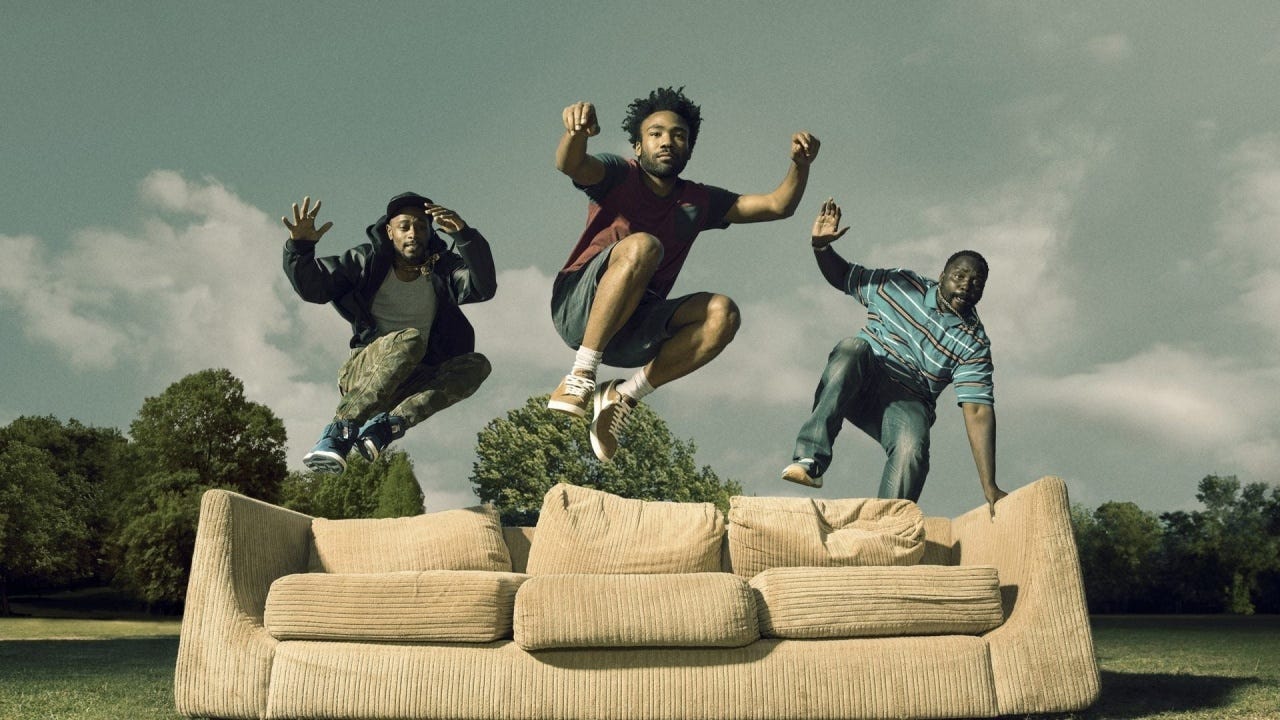
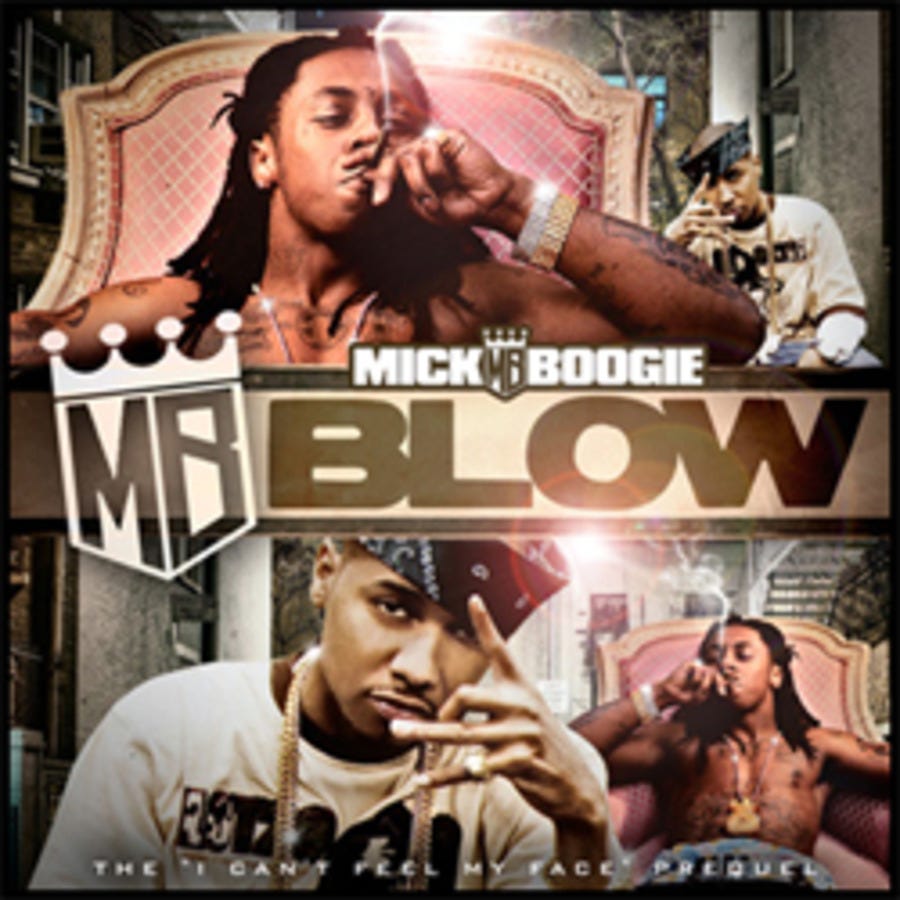
great post, man. re: that clown using em's lyrics, thought this was funny: https://www.cnbc.com/2023/08/29/eminem-demands-vivek-ramaswamy-stop-rapping-lose-yourself.html
Man, this was a tour de force. I read this first thing waking up and feel like it took me into a different day. Loved it!!! It feels like you have a clearer view of America than most.